The goverment of Western Australia (WA) has ended the manufacturing of diesel buses and transitioned to all electric public transport in an active step to implement the government’s Made in WA plan.
More than 100 local jobs, including 15 apprentices, are supported at bus manufacturer Volgren‘s Malaga facility – with battery electric buses exclusively produced and delivered for public transport across WA.
Each electric bus has the capability to travel up to 300 kilometres on a single charge, has a 324 kWh battery capacity, a four hour recharge time and saves about 40 tonnes of carbon dioxide emissions a year.
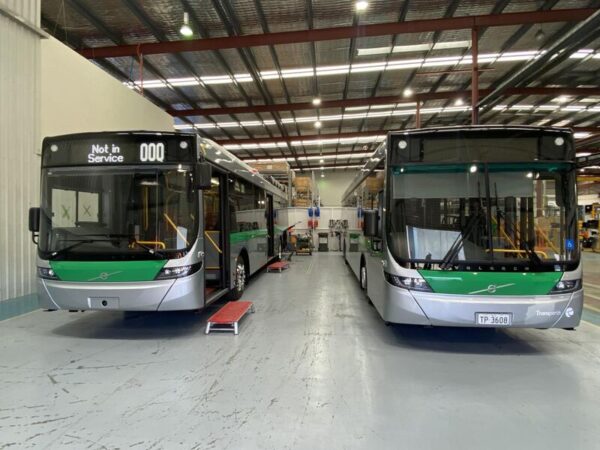
Volgren
Shifting bus manufacturing to fully electric follows on from a $250 million (USD 160 million) electric bus program jointly funded by the state and federal governments to deliver an initial 130 electric buses and associated infrastructure and bus depot upgrades.
Current work on the $250 million program include completion of 18 electric buses built by Volgren, completion of 18 electric vehicle (EV) charging dispensers at Elizabeth Quay Bus Station, soon-to-be-complete electric charging infrastructure at the Malaga bus depot with the first electric bus operating from the facility in mid-2025, the start of works on the new Bayswater EV depot, and plans for EV charging infrastructure upgrades to the Karrinyup and Claisebrook bus depots.
The Karrinyup depot retrofit has been awarded to Melbourne-based electric vehicle charger supplier JET Charge, which will receive $12.3 million to construct capacity to support 110 electric buses, complete substation upgrades, with the first electric bus delivered to the depot expected in early 2026.
The State Government will allocate an additional $61.9 million in 19 June 2025 State Budget to shift manufacturing to fully electric.
While the upfront cost of an electric bus costs more than a diesel bus, in the long-term, electric buses are cheaper to run and maintain.
WA Premier Roger Cook said building electric buses locally is key for a future that is made in WA, complementing locally built Metronet railcars and historic investment in public transport.
“It won’t just create more than 100 jobs in Perth’s north-eastern suburbs – it will lower our emissions and reduce operating costs across Perth’s public transport network too,” Cook said.
WA Transport Minister Rita Saffioti said in the space of a few years, we have seen the successful trial of four electric buses on the Joondalup CAT network, a $250 million investment to start manufacturing electric buses and now, the full transition to locally made electric buses.
“These new electric buses will be manufactured and built locally in Western Australia, supporting long-term local jobs and the delivery of our Made in WA plan,” Saffioti said.
This content is protected by copyright and may not be reused. If you want to cooperate with us and would like to reuse some of our content, please contact: editors@pv-magazine.com.
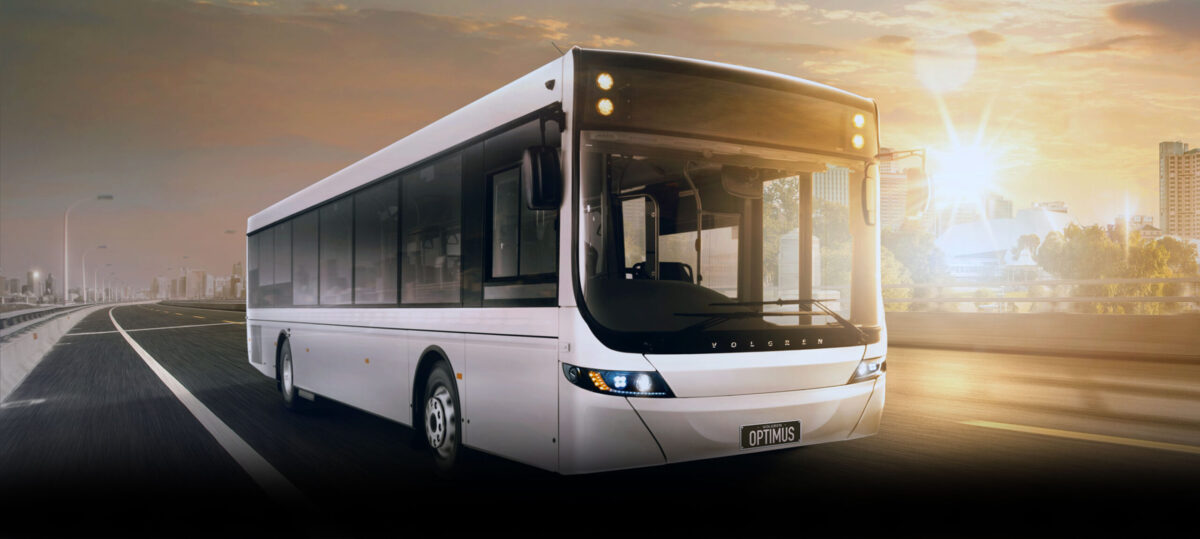
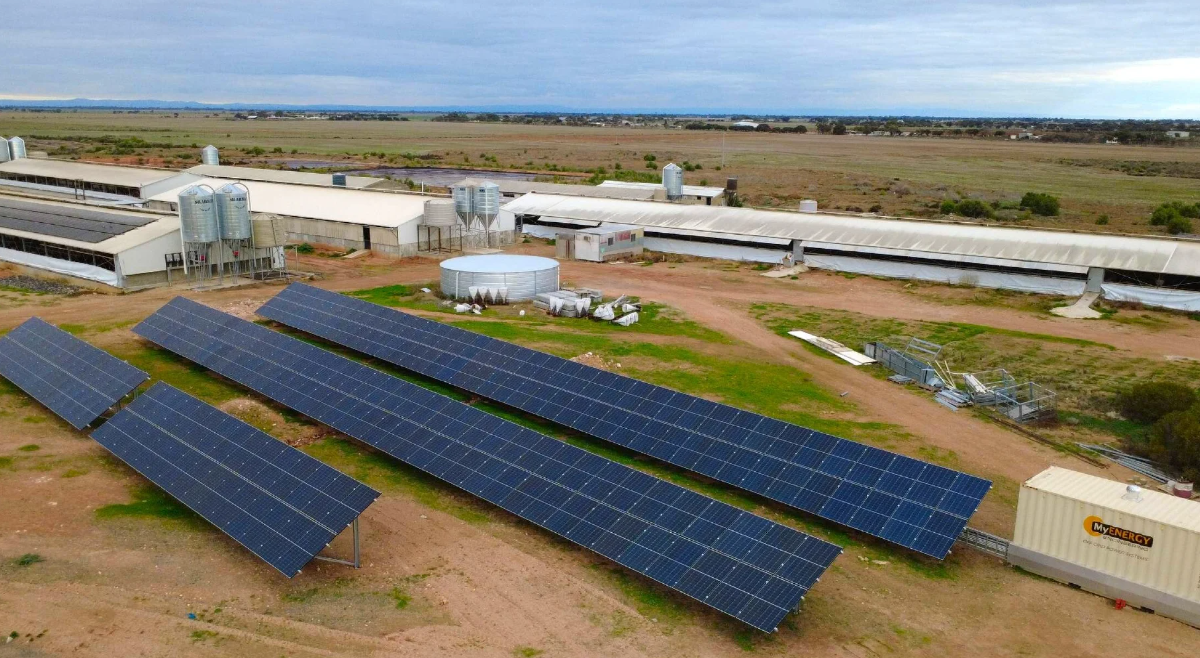


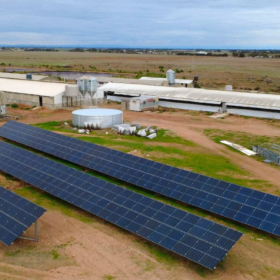
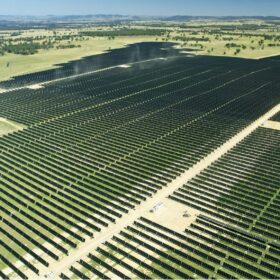
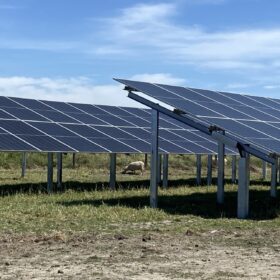
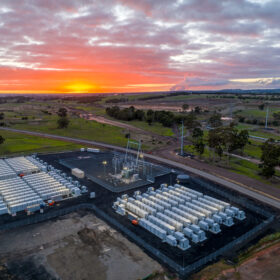
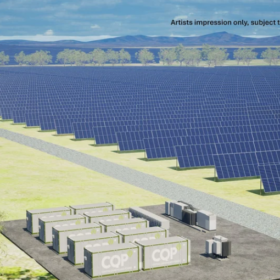
Good news but it should have happened a decade ago. Oh, but it would have “spoiled your weekend” 🤭. Another thing – funds spent on freeway & rail improvements have resulted in encouraging vehicle use while trains seem to be carrying fewer passengers. The opposite of reducing emissions! Freeways are still choked in rush hours, no amount of extra lanes will fix that.
Maybe restrictions such as only those with genuine need to use freeways during rush hours, EVs, or even a toll ought to be considered?